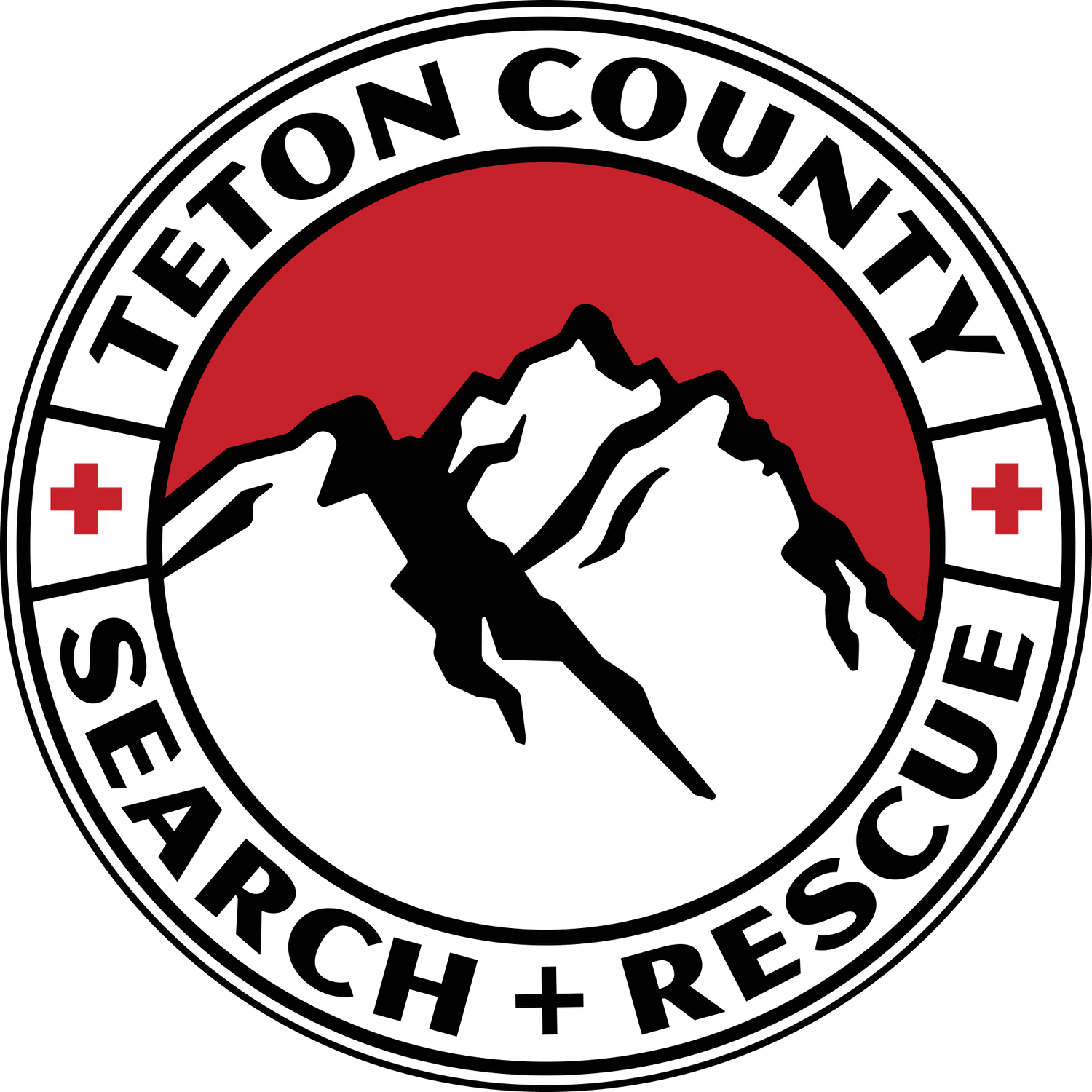How long have you been on the short-haul team?
Lizzie: About a year.
How did you get selected?
Lizzie: When they need people for short-haul, just like when they need more volunteers for the team, they’ll put the application out there to the team and you have to apply. The advisors select people based on their skillsets. They want people that are strong skiers and mountaineers that also have advanced medical skills. Just like the team needs people with different strengths the same thing applies to the short-haul team.
What do you like most about being on the short-haul team?
Lizzie: I feel like a little kid - I’m hanging under a helicopter and that’s pretty awesome. And it’s just another way to help. Some of the rescues we’ve been on - and I haven’t been on a ton of short-haul rescues yet, but I did the one up on Maverick - it’s the only way to get to someone in a timely manner.
What do you like the least about it?
Lizzie: Sometimes it’s really cold. It hasn’t been unbearable to me yet but it’s been pretty cold.
Any scary experiences flying?
Lizzie: No. Sometimes you can spin pretty good on the line. It hasn’t been too bad for me but I’ve heard it has been for others. A couple of bumpy rides. It’s probably a sort of sick and twisted part of me, but I think it’s kind of exciting.
Any rituals or superstitions?
Lizzie: No. But when I leave the house I’m always thinking ‘cell phone, wallet, keys, chapstick’. I’m thinking the same way for short-haul. You have to take a second and think through all of the steps so you don’t screw it up, because if you forget something it could be really bad.
What has been the best rescue you’ve been involved in so far.
Lizzie: It would be the Maverick rescue. It’s the only one I’ve really been involved in so far in a short-haul capacity. We’ve had like 6 rescues in a row this winter and I’ve been working on the ambulance for all of them (Lizzie’s paid job is working as an EMT).
What is the most important skill or trait for someone on the short-haul team needs to have?
Lizzie: Being able to stay calm. It’s simple things. Nothing is super complex or hard for short-haul but you have to do it right. Just chill. When you get under the helicopter and the rotors are spinning the energy level goes up for a lot of people so to be able to stay calm and do what you know how to do is key.
How would you describe your personality or contribution to the team?
Lizzie: I think I’m generally pretty laid back, but I have some OCD tendencies about being unorganized. I love to be organized and clean so sometimes I want to do things just right to a fault.
You guys spend a lot of time training, any parts you dislike?
Lizzie: No. I mean it’s repetitive but to get that muscle memory to be able to do it when you’re under stress, its kind of the only way to get good at it. It’s fun to be honest. I feel like people would pay to be able to do what we do.
Anything people should know about helicopter rescues?
Lizzie: I have definitely explained the process to people quite a few times. I don’t think people really understand what happens and that when we fly to an area if we can land right next to you that’s what we’ll do. There’s no point in short-hauling if we can land safely. Short-hauling is for when we can’t land at the scene and then we have to leave, go land somewhere else, configure the ship and then fly back to the scene and drop someone off. The helicopter will leave and we’ll hook you up and then the helicopter will come back. I think when people see us fly over and leave after we evaluate the terrain, and they’re like ‘wait, why are you leaving!’. So just understanding the process would be good.


